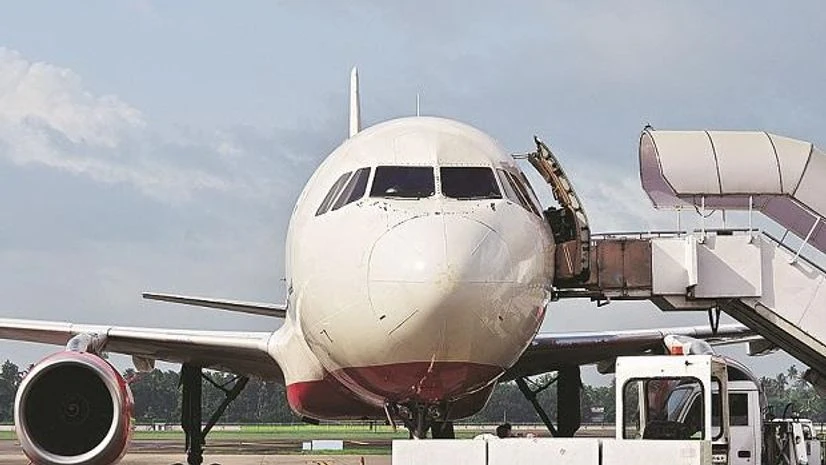In a move that will make it easier for aircraft leasing firms to seize the planes of airlines that have not paid rents, the Centre is planning to introduce the Cape Town Convention Bill in the monsoon session of Parliament, according to a report in The Economic Times (ET). In case of conflict with any other local law, particularly the Insolvency and Bankruptcy Code (IBC), 2016, the bill will give priority to the Cape Town Convention.
It is a global agreement that guarantees the rights of lessors to repossess their leased high-value equipment such as aircraft, helicopters, and engines in case of payment defaults. It aims at decreasing the lessor’s risk and boosting their confidence.
The introduction of the Bill was prompted by the National Company Law Tribunal (NCLT)'s ruling in the Go First case, which placed a moratorium on lessors' ability to repossess aircraft. This has left lessors in long legal battles as they attempt to recover their aircraft, even though the bankrupt carrier now has the legal protection to retain them despite defaults.
The report said this has shaken the confidence of lessors, who are backed by top banks and financing companies and has led to an immediate increase in risk premiums from other Indian airlines, which is increasing their cost of doing business. Worried lessors have also filed for the deregistration of six aircraft with SpiceJet, which has defaulted on lease rentals and is currently in negotiations.
The insolvency resolution process can take a long time, and lessors are often unable to recover their aircraft during this time. As of December 2022, the average time taken to resolve an insolvency case under the IBC is over 600 days, according to data from the Insolvency and Bankruptcy Board of India (IBBI).
The bill will make it compulsory for the resolution professional to return the aircraft to the lessor within two months from the beginning of the bankruptcy process, the report quoted people working on the draft bill as saying.
There are no underlying domestic laws to enforce its provisions, even though India became a signatory to the Cape Town Convention in 2008. As a result, in case of a conflict with any domestic airline, the latter holds the sway. As it is not backed by legislation, lessors do not consider this accession to be important.

)
